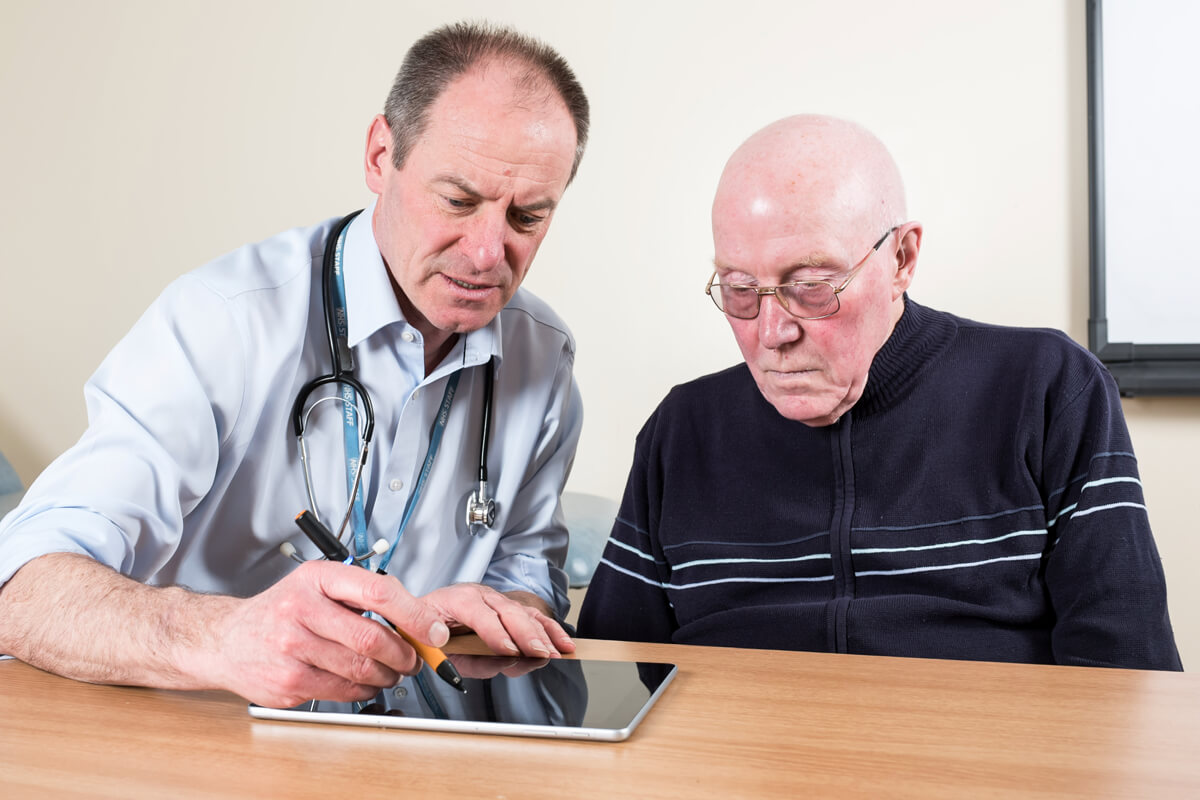SBRI Healthcare Development Contract for Parkinson’s diagnostic pen for GPs
MANUS Neurodynamica Limited (“Manus”), which develops and markets products and technologies for neuromotor assessment, announces it has received an SBRI Healthcare Development Contract to develop its Parkinson’s disease diagnostic for the GP market.
Manus will work with clinicians and NHS Health economists to further develop the ManusNeuroTMPen as a GP diagnostic for the assessment of suspected Parkinson’s disease (PD) patients, and for monitoring patients to optimise treatment.
Manus’ product is a unique and patented diagnostic system which combines sensor technologies built into a digital pen with associated proprietary analytical software to capture and analyse minute limb and hand movements. These measurements provide objective information about movement abnormalities to support the diagnosis and monitoring of PD and other neuromotor impairments.
The system is CE marked as a Class 1 medical device which means it can sold throughout Europe for the diagnosis of Parkinson’s disease.
The first phase of clinical validation was completed with key opinion leaders in the Netherlands, UK and Ireland. The system was able to differentiate PD from other tremor/motor disorders with a higher degree of accuracy than standard clinical assessments. Additional trials are on-going with six NHS Trusts in the North East of England under the supervision of Professor Richard Walker, Consultant Physician/Honorary Professor of Ageing & International Health, Newcastle University.
Professor Richard Walker of Newcastle University, said: “The ManusNeuro pen may help identify patients where the symptoms are not typical or have not developed. In situations where there is some doubt, we often refer patients for a scan, but these cost £1,000 a time, so if the pen allows us to be more sure about the diagnosis it should mean we will need to refer fewer people for expensive scans.”
Dr Rutger Zietsma, Managing Director of Manus Neurodynamica, said: “Using our pen in the 9,800 GP practices in England will reduce costs by ending the unnecessary referrals of patients to specialist centres. Our 21st century diagnostic can differentiate a Parkinson’s patient from a patient with another neuromotor condition and ensure that only those patients who need to see a specialist are referred by the GP to an already overstretched service. We are excited to be working with the NHS to achieve this goal.”

